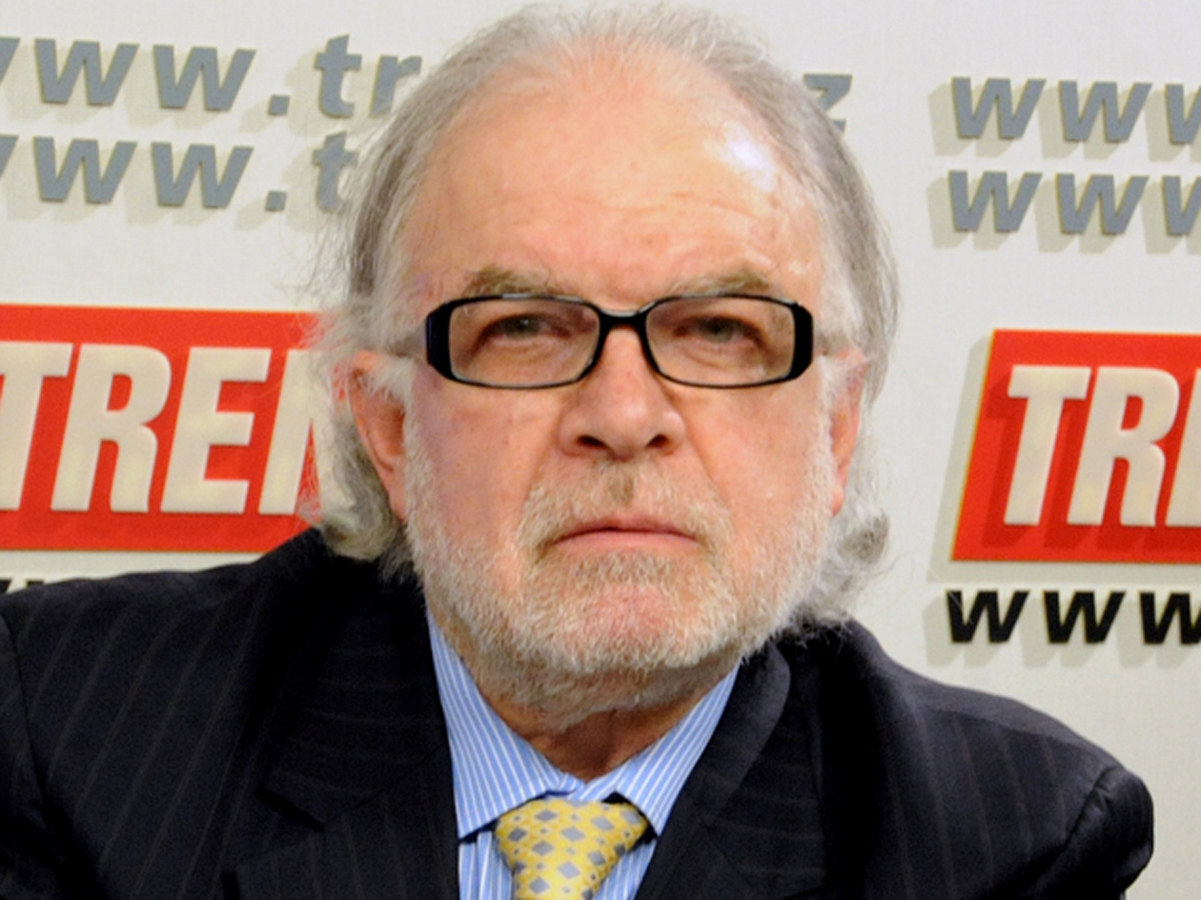By Claude Salhani - Trend:
There is a saying in English that "what goes around, comes around." That is often true of politics where no one person or party rules forever, even when they deploy their entire armed forces, and then some, against the insurgents, as has been the case in Syria.
Syrian President Bashar Assad was hanging on to power by the skin of his teeth and would have very likely fallen from power had it not been for the support the Lebanese Shiite militia, Hezbollah, and Iran, who has contributed much military support to the Assad regime.
But in the face of mounting opposition, especially from the so-called Islamic State, pro-government troops were facing a very difficult time and had it not been for the great October surprise, the intervention of Russia's air force, Assad would have been drowning even more. But pulling a drowning Assad out of the water was not enough for Russian President Vladimir Putin, who found a golden opportunity to rub the West's faces in the mud. What goes around, comes around.
I don't know if there is a similar saying in Russian. Regardless, that saying could be easily applied to describe Moscow's current foreign policy vis-à-vis the West, particularly against the United States and the North Atlantic alliance.
After years of being bullied and looked upon with disdain by the Western countries, Russia is finally giving some of it back, and by all appearances, seems to be taking great pleasure in so doing.
That was made all the more apparent in many of the photographs published on the visit Wednesday of Syrian President Bashar Assad to Moscow. This surprise visit by Assad to Russia came about much to the chagrin of the Obama administration, and all those who had hoped to see the departure of the Syrian president. Indeed, the had a rude awakening to learn that not only had the Syrian dictator been to Moscow for meetings with Putin, but was received with all the honors due a head of state, including a red carpet reception.
This drew heavy criticism from the White House who accused Assad of using chemical weapons against his own people, sanctioning torture and other crimes. Among the litany of ill-deeds, of which Assad has been accused several could eventually bring him to trial as a war criminal.
But for the moment both Assad and his new best friend and savior are relishing the moment. The photographs of the Syrian president in Moscow, smirky smile and all, appears , as if to tell those who wanted his demise, "in your face."
Putin, too, no doubt must have taken great pleasure in grinding the noses of his would be detractors to the stone. By going against the grain Putin is also telling the rest of the world "In your face".
Just how did we reach this point of Cold War II? A great opportunity to achieve long-term détente between East and West was squandered around the time that the Soviet Union imploded as the Berlin Wall came tumbling down. Instead of welcoming the Russians into the democratic political sphere, rather, they played up to Russia's fears by inducting former Warsaw Pact states into the North Atlantic alliance brought its borders all that much closer to Russia. And wanting to place missile systems and radars in two former Warsaw Pact states, did not help much either.
And had the West been somewhat considerate to Moscow's needs for a secure deep-water harbor for its Mediterranean fleet, Putin would probably not have supported Assad as ardently as he is today.
Claude Salhani is senior editor at Trend Agency and a political analyst.
You can follow Claude on Twitter @ClaudeSalhani.






